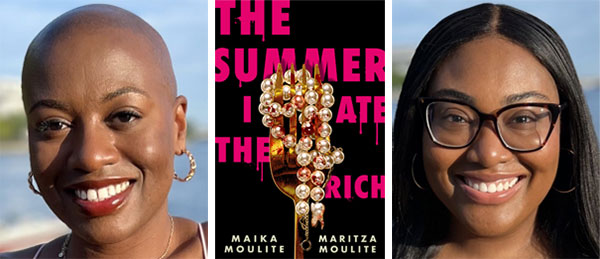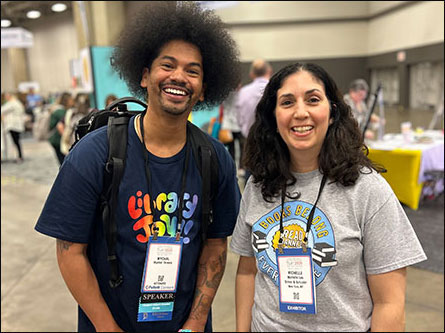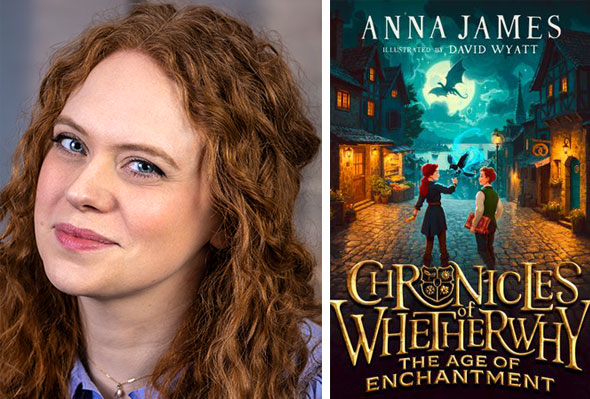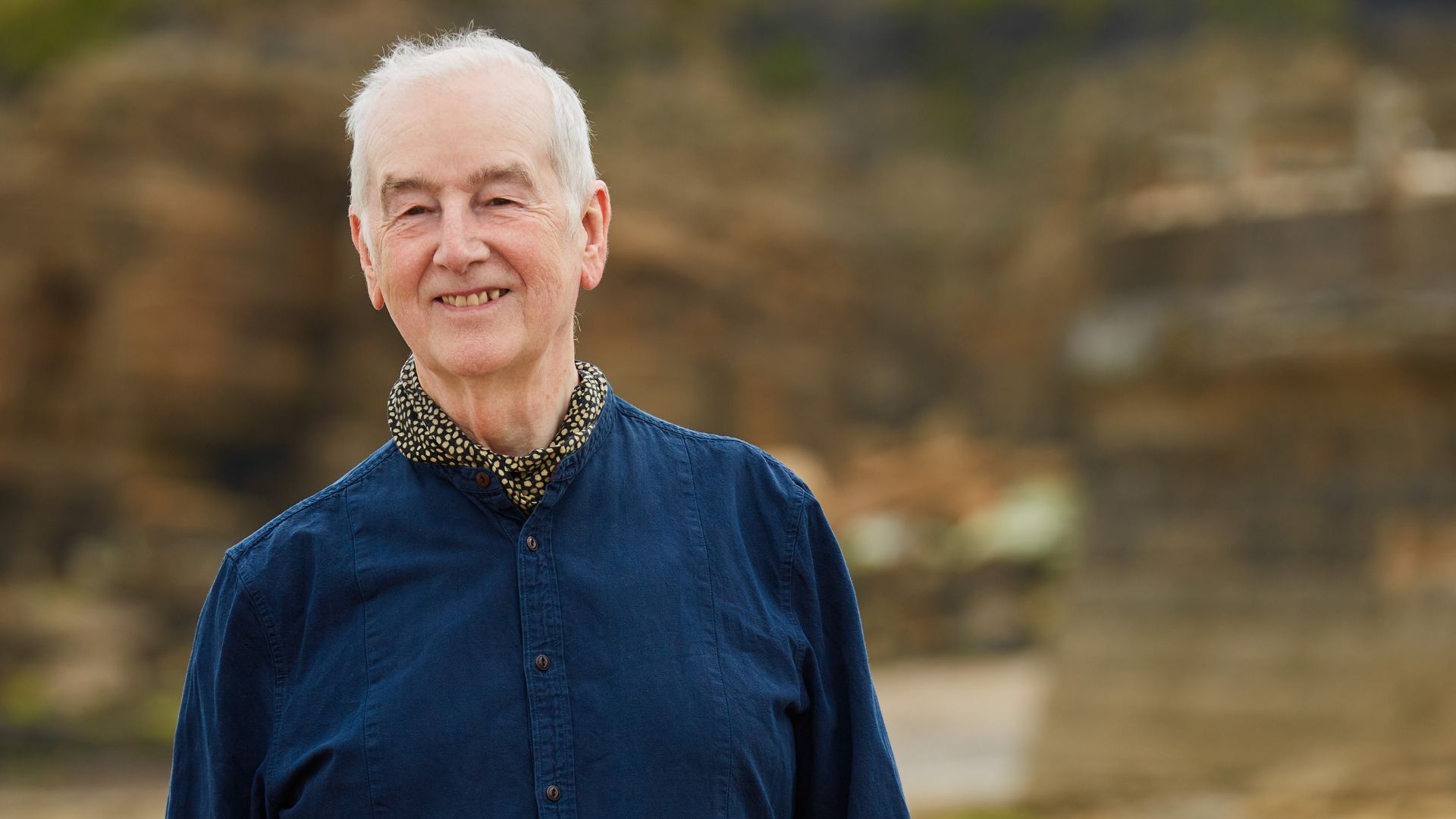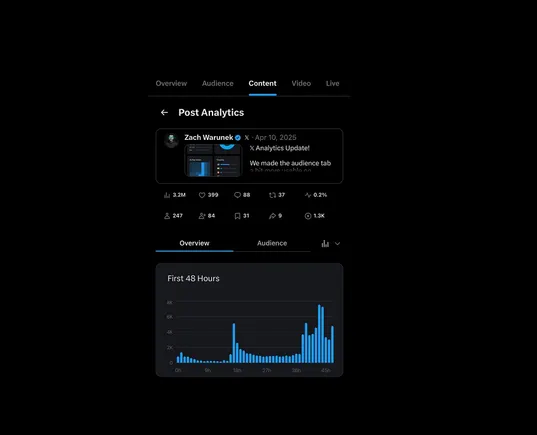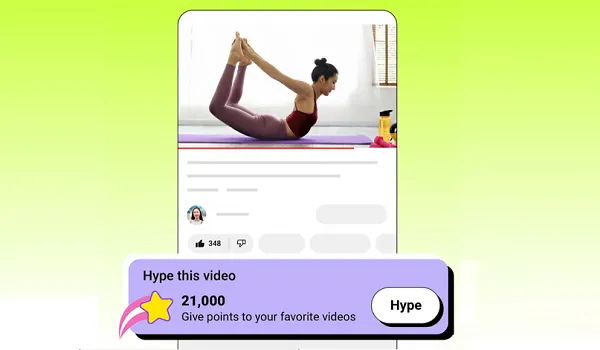CAROUSEL SUMMER
With her best friend, Katia, away at camp, Lucy thinks summer will be boring. But then Toronto artist Ray arrives to rebuild the town’s old carousel, along with her daughter, Anaïs. Lucy, who’s not the girly girl her single dad hopes for, is drawn to the new arrivals, especially after she confirms that butch Ray is a lesbian. Soon, Lucy and Anaïs’ friendship develops into something more, and a radical haircut tears a serious rift between Lucy and her dad. Meanwhile, disputes rage among townspeople over selling land to a condo developer. Lucy’s grocer father needs the money from selling his store, but others worry that locals will be priced out. What will the town council decide? Lucy’s growth into her true self is sensitively portrayed, and kids in Lucy’s position sorely need Ray’s eloquent and comforting words and explanations. Lucy also finds support in her big brother, and she hopes that Katia—whose delightful letters paint a fun picture of camp—will accept her, too. The developer plot feels overtly educational, with teacherly dialogue explaining different sides of the controversy. Despite some thoughtful points, young readers might find the conflict’s presentation of limited interest. Main characters appear white; there’s some racial diversity in secondary and background characters. The colorful, blocky, and somewhat static illustrations feature expressive faces.


With her best friend, Katia, away at camp, Lucy thinks summer will be boring. But then Toronto artist Ray arrives to rebuild the town’s old carousel, along with her daughter, Anaïs. Lucy, who’s not the girly girl her single dad hopes for, is drawn to the new arrivals, especially after she confirms that butch Ray is a lesbian. Soon, Lucy and Anaïs’ friendship develops into something more, and a radical haircut tears a serious rift between Lucy and her dad. Meanwhile, disputes rage among townspeople over selling land to a condo developer. Lucy’s grocer father needs the money from selling his store, but others worry that locals will be priced out. What will the town council decide? Lucy’s growth into her true self is sensitively portrayed, and kids in Lucy’s position sorely need Ray’s eloquent and comforting words and explanations. Lucy also finds support in her big brother, and she hopes that Katia—whose delightful letters paint a fun picture of camp—will accept her, too. The developer plot feels overtly educational, with teacherly dialogue explaining different sides of the controversy. Despite some thoughtful points, young readers might find the conflict’s presentation of limited interest. Main characters appear white; there’s some racial diversity in secondary and background characters. The colorful, blocky, and somewhat static illustrations feature expressive faces.
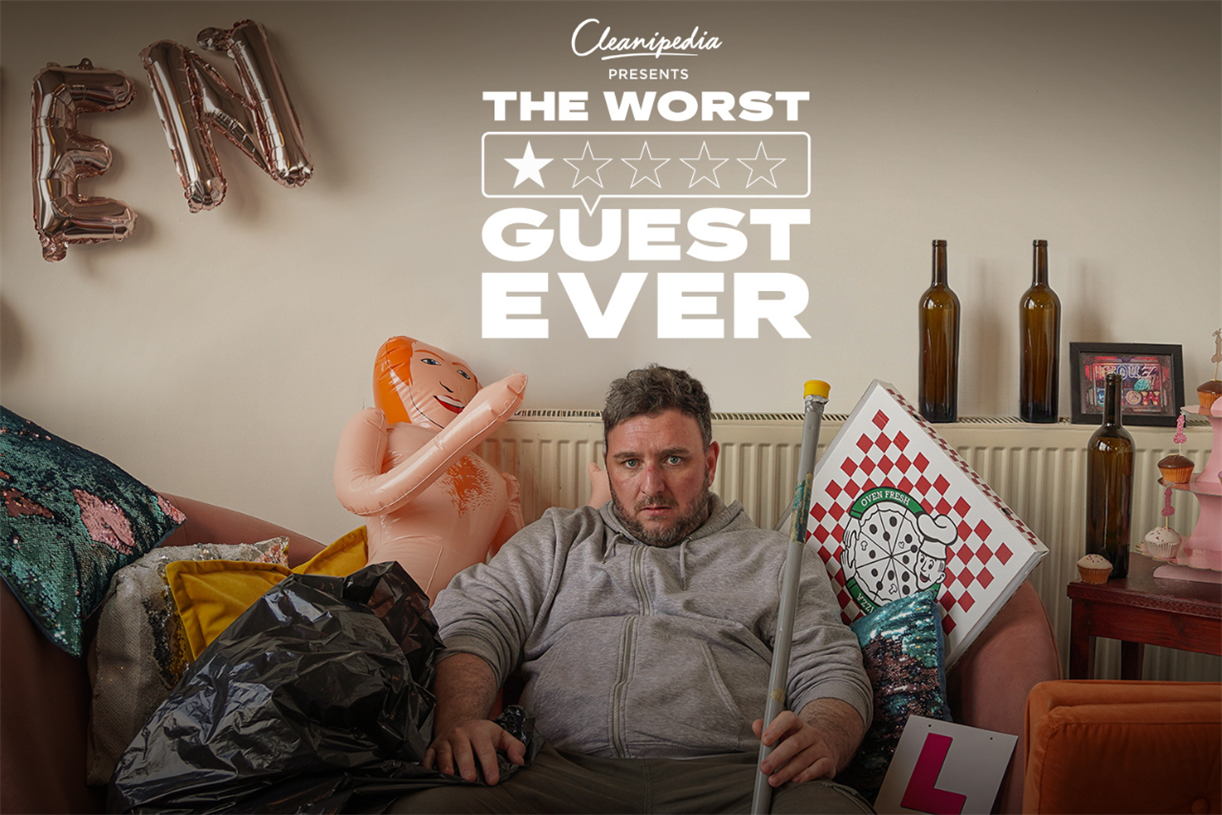
















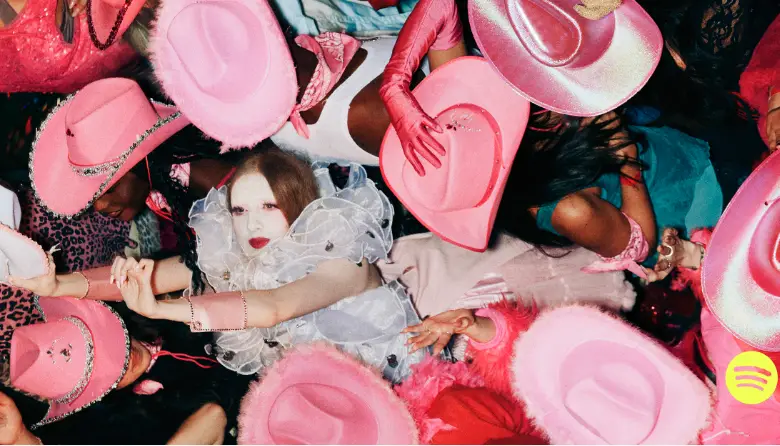


![AI Overviews: We Reverse-Engineered Them So You Don’t Have To [+ What You Need To Do Next]](https://www.searchenginejournal.com/wp-content/uploads/2025/04/featured-438.png)














![How to Find Low-Competition Keywords with Semrush [Super Easy]](https://static.semrush.com/blog/uploads/media/73/62/7362f16fb9e460b6d58ccc09b4a048b6/how-to-find-low-competition-keywords-sm.png)











![How Marketers Are Using AI for Writing [Survey]](https://www.growandconvert.com/wp-content/uploads/2025/03/ai-for-writing-1024x682.jpg)




















